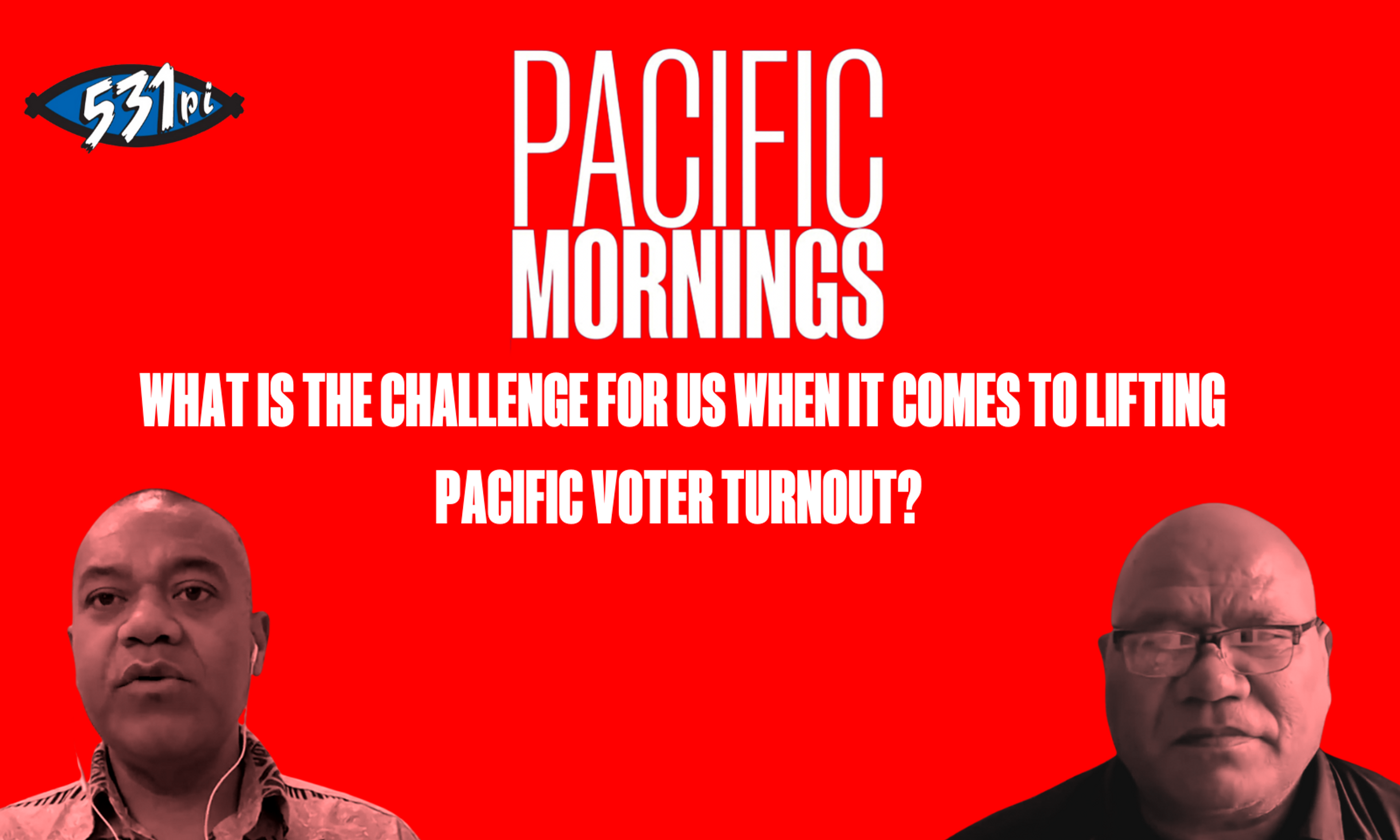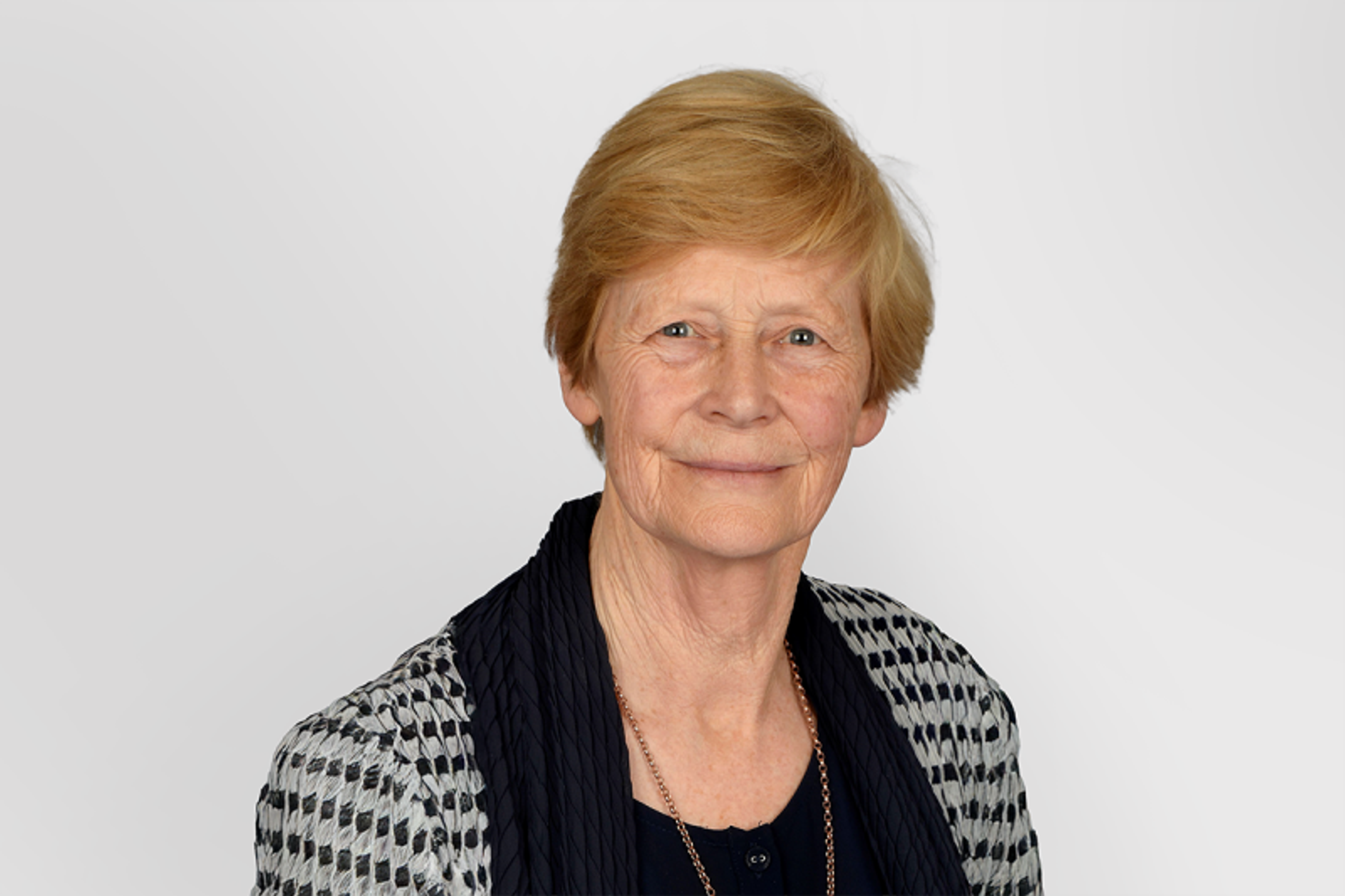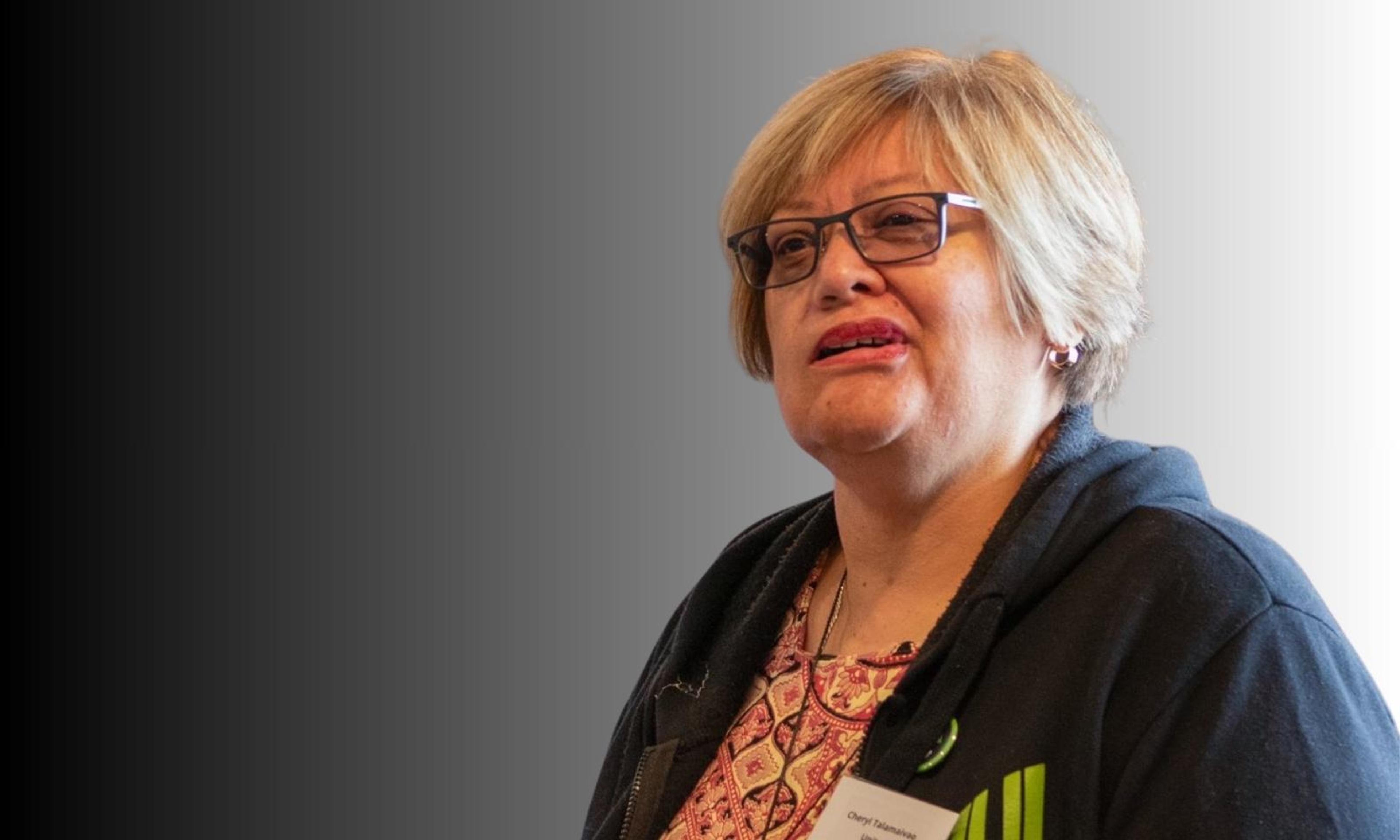

Auckland Tongan Advisory Council chair Melino Maka and Green List MP Fa'anānā Efeso Collins.
Photo/ PMN News/ Edited by Taualofa Totua
Thousands of Pacific votes and voices were missing at the booths
New Green MP says lifting Pacific voter turnout is better for everybody; community leader says Labour party chasing centre vote partly to blame




Four decades of Pacific service: Sāmoan senior lecturer recognised in New Year Honours

Forget the resolutions: Here's how you can live with intention in 2026


Pacific eyes on rising US strikes in Venezuela amid deaths at sea


Four decades of Pacific service: Sāmoan senior lecturer recognised in New Year Honours

Forget the resolutions: Here's how you can live with intention in 2026
“The Pacific vote didn’t come out.”
That’s what first time Green MP Fa'anānā Efeso Collins told 531PI’s Pacific Mornings, adding that voting numbers were a “great concern” for the newcomer who has earned an opposition seat in the next term of parliament.
In areas like Mangere, 2023’s provisional numbers are drastically below the final votes for 2020 - from 32,000 voters in the 2020 election to only 19,000 in the 2023 election.
Similarly, the Maungakiekie electorate dropped from a solid turnout of 38,000 (2020 election) to 25,000 in the provisional vote count.
The final votes for 2023 will be known on 3 November.
Fa'anānā says although he has yet to carry out a full analysis of voter turnout, it is clear - especially from South Auckland data - that thousands of votes and voices were missing, compared to the 2020 election.
“You’ll see that the votes went up in 2020. They have seriously dropped this time around.”
The Electoral Commission is reporting that overall, voter turnout for this year's general election is estimated to be 78.4 per cent of those who were enrolled as at 5pm, Saturday 14 October.
The total number of estimated votes (those counted on election night plus estimated special votes still to be counted) is 2.8 million. The estimated eligible voting population is 3.8 million.
Fa’anana points out that in wealthy communities, voter turnout is consistently high in each election, whereas for “vulnerable, browner communities”, their disengagement is reflected in the lower turnout.
The prospective MP says he’s disappointed, but recognises there is still work to be done in encouraging people to understand the power and influence of their vote.
“The key for us is to get people to vote once. It can become a habit.
“When we lift our voters, it’s better for everybody. It means more people having a say.”
And he poses the question: what is the challenge for us when it comes to lifting Pacific voter turnout?
Auckland Tongan Advisory Council chair Melino Maka suggests failing to understand younger generations is where politicians fall over.
“We fail to understand Generation Z, people born between 1997 and 2012 and Generation Y, people born between 1981 and 1996. Of 3.8 million eligible voters, over a million voters did not participate in voting.”
Maka says 40 per cent of that million are part of Generation Z and Y.
In his analysis, many voters are looking somewhere else besides Labour.
“Greens ran with a wealth tax, and Labour thought it was going to be a disaster. Those two generations (Z and Y) bought into it.”
Many went to the Greens, while other Pacific votes were “gobbled up by fringe parties” such as Christian values parties like Freedoms New Zealand and NewZeal.
“At the moment Labour will have to change their policies for the next election in 2026. Otherwise they will become irrelevant.”
Maka is adamant that Labour’s decision-making as a party and their policies also have to answer for low voter turnout.
“The biggest mistake Labour made was trying to chase the centre.”
Instead, Maka says Labour should have focused on implementing policies that were meaningful to Pacific people.
“Policies like the Dawn Raids. They missed the bus on that. They should have brought the policy straight after the apology - it would have been more meaningful to Pacific people and all the supporters. But they waited and waited.”